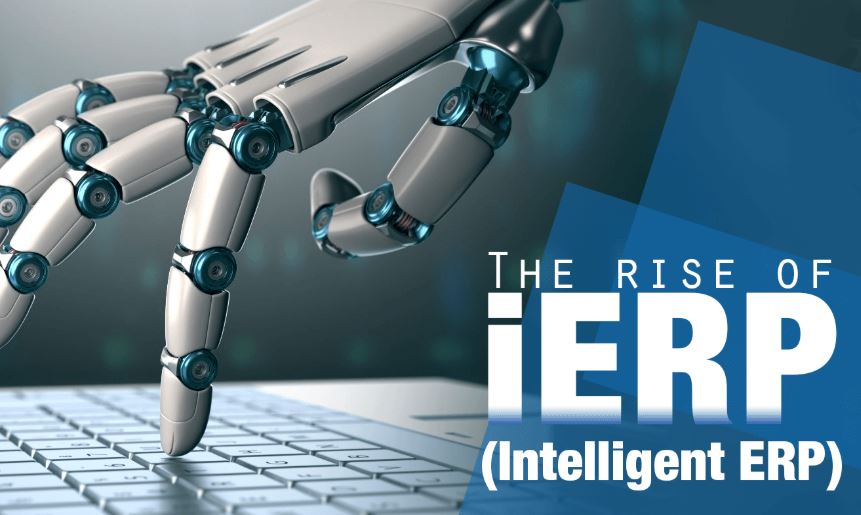
Intelligent ERP Systems (IERP) : Key ways to Transition
“Intelligent ERP” also known as “iERP” systems are driven by advanced analytics and machine learning. This intelligence, offers a series of opportunities for organizations to compete in largely competitive arenas.
Here are four of the prime examples on how Intelligent ERP (iERP) systems can benefit both smaller and larger enterprises.
- Resource Optimization
Most organizations are seeking new and innovative ways to accomplish the most, whilst utilizing the minimal amount of resources, intelligent ERP systems are able to facilitate this goal with tailor made solutions. Applications integrated with intelligent ERP systems can optimize resources including: human input and response, business processes and the self-learning technology by itself. By elevating the technology from records management to intelligent systems, this empowers professionals to discover new insights and are able to better predict outcomes by using automated processing.
- Reduced Costs
One of the main key benefits of optimizing resources is to reduce long term operational costs. iERP is not alone in utilizing machine learning and advanced analytics to cut costs, as research shows that robotics and other automated technologies are used to increase productivity and thus reduce costs of human labor – in-turn ensuring a consistency within quality. iERP however, enthuses a vast range of machine learning capabilities which can be applied across an organization: Procurement and sourcing, analyzing purchase patterns and automating an order process are just to name a few.
- Enhanced UX (User Experience)
iERP applications feature a conversational user experience by automating a set of high-volume repeated tasks and augmenting the performance of less frequent tasks through human-machine interaction. This UX is a firm differentiation for iERP vs. older systems of a similar caliber. iERP not only offers an ease of use for employees but offers an active adaptable technology, making employees more efficient in the day-to-day tasks.
- Real-time Decision Making
Analyzing, Processing and Executing on massive volumes of data can be produced in real-time using IMC (In-Memory Computing) technologies. This variation of autonomous (assisted) decision making gives organizations the agility and flexibility to adapt to variables in real-time. This facilitates better high-level decision making from the workforce.
It is estimated that by 2020, 30% of the Global 1000 CEOs will be strategically planning high-level resources shifts from human to intelligent systems to benefit organizations across the board. Intelligent ERP (iERP) systems are just one of many intelligent applications that organizations will turn to in order to stay competitive with sustainable solutions.
